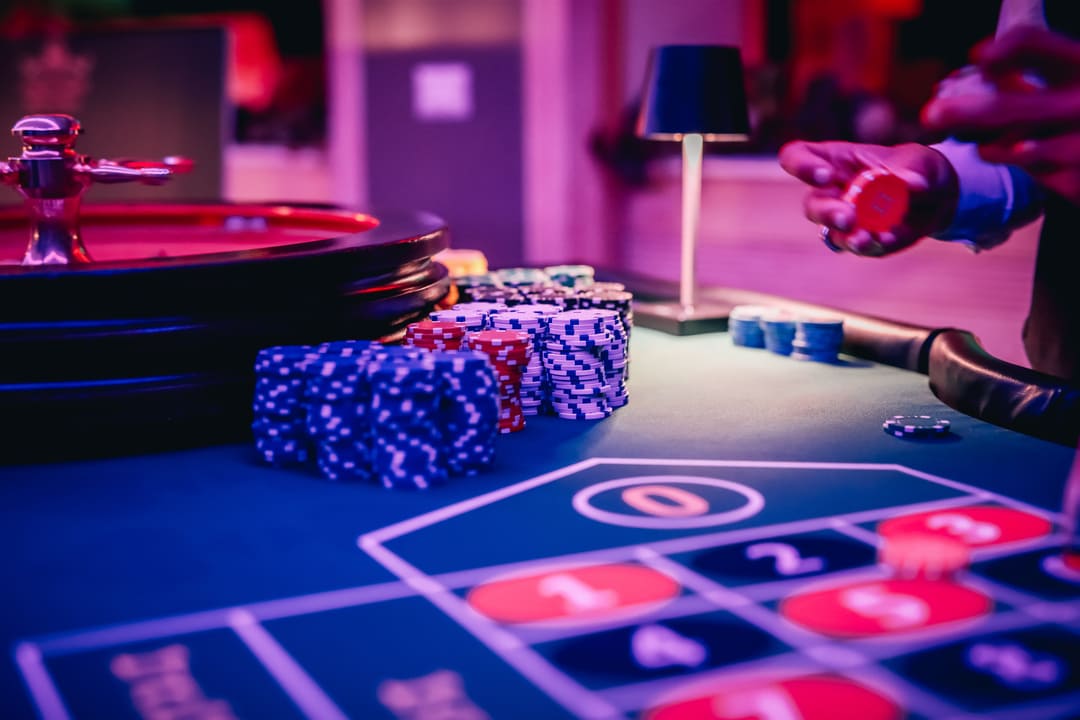Pathological gambling is considered a behavioral addiction, or new addiction, together with sex addiction, workaholism, internet addiction or shopping addiction. Pathological gambling is characterized by an incontrollable urge to gamble in spite of the grave repercussions that this behavior has in the individual’s life.
Gambling means betting money on a specific outcome of a specific game, an outcome which is random and solely dependent on probability and fate.
Gambling stimulates the reward system of the brain, just like any other drugs or alcohol, and may therefore lead to addiction.
SYMPTOMS
Some symptoms that may tell us that a gambling addiction has taken place are:
- A constant worry for the search for money that can be then spent on betting;
- The need to bet more and more money each time to get to the same level of excitement;
- Unsuccessful attempts to control, reduce or stop gambling;
- Gambling as a coping mechanism to avoid personal struggles and alleviate anxiety, depression and negative feelings;
- Gamble more as an attempt to regain money lost gambling;
- Lie to family members about the severity of one’s situation;
- Ruin or losing important social relations, job or job opportunities;
- Robbing or fraud to obtain money
- Ask for money to gamble
RISK FACTORS
Even though the majority of people who gamble never develop an addiction, some risk factors must be taken into consideration:
- Psychological disorders: personality disorders, mood disorders, obsessive-compulsive disorder, anxiety;
- Pre-existing addiction: alcohol or other substances;
- Age: gambling is more frequent in young or middle aged people;
- Gender: gambling is more frequent in males;
- Environmental factors: being close to other gamblers;
- Medications: some antipsychotics or other dopaminergic agonists may trigger the compulsive behavior;
- Personality traits: competitiveness, impulsiveness, low tolerance to negative feelings (boredom, stress).

EFFECTS
Pathological gambling influences how the individual sees reality. The urge to gamble becomes so intense to cause a complete loss of control, without caring for the dangerous possible outcomes.
Pathological gambling is an addiction and therefore a disorder. Normal physiological and psychological functioning is compromised, causing an intense psychological suffering, brought up by feelings of guilt, shame and powerlessness.
The gambler may end up losing his/her job, destroying social relations and isolating. Judgment is clouded so much that the gambler may develop suicidal thoughts, suicidal attempts or suicide.
TREATMENT
Pathological gambling can be prevented and cured, it needs to be diagnosed as soon as it develops and supported psychologically and socially.
The first step is to recognize you have a problem and ask for help. Pathological gambling is treated just like any other addiction.
Mood stabilizers or antidepressants can be prescribed to offer a pharmaceutical support, which must be accompanied by psychological therapy. Cognitive behavioral therapy has proven to be the most successful approach.




